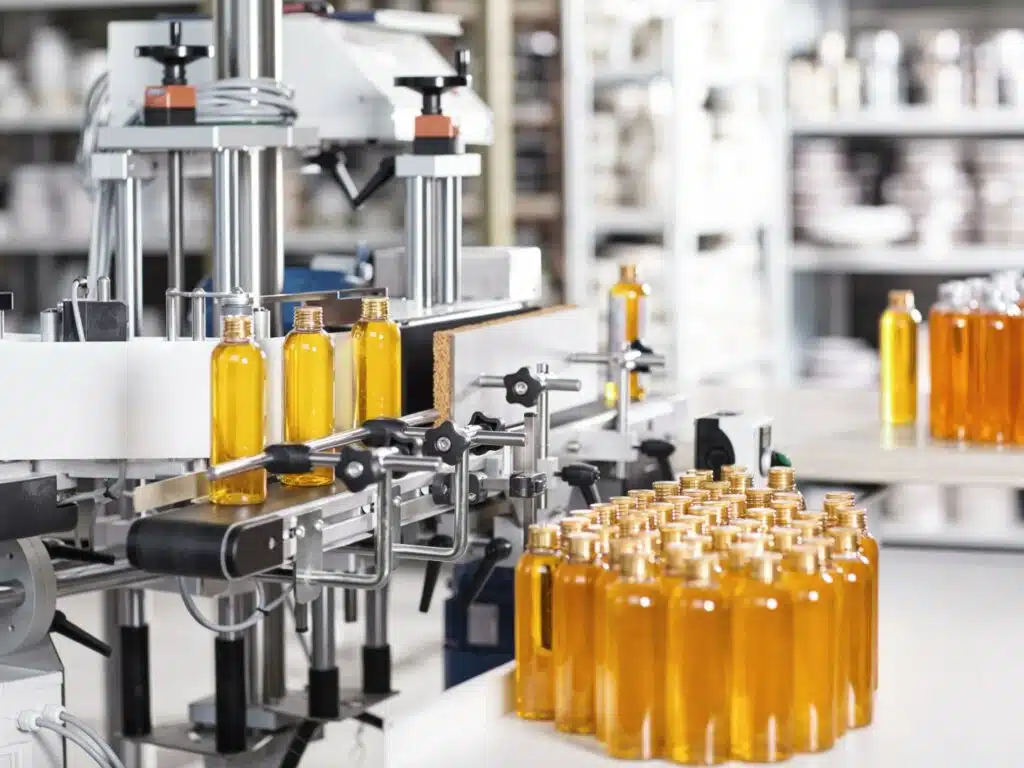What is a Manufacturer?
A manufacturer, by definition, is an entity that produces goods for other companies or their own brand. The relationship is governed by a set of contractual stipulations, which can include:
- Quantities to be produced
- Budget for the project
- Price at which to sell the product
- Distribution methods
- Customizations needed
- Production deadlines
- Provision of samples
- Payment terms
These guidelines ensure that the manufacturer delivers the product in line with expectations for sale and distribution. While established multinational companies often have their own contract producers, they may seek external manufacturing for products beyond their capacity or for cost-efficiency. However, for small to medium-sized businesses, outsourcing production is often the more viable route.
Navigating the path to the right manufacturer can be challenging. Language barriers, cultural differences, and negotiation complexities often pose significant hurdles. These obstacles can deter many aspiring entrepreneurs from pursuing their product lines and business dreams.
This is where Wonnda plays a critical role. By understanding your product’s specifics and your business needs, Wonnda matches you with the ideal manufacturer. This connection streamlines the outsourcing process, turning your product idea into a tangible reality.
Find suppliers & contract manufacturers for your product line
- 20.000+ verified suppliers & 5.000+ product ideas
- Private label & contract manufacturing
- Packaging, bulk ingredients & expert services
Free trial. No credit card required.
What is Private-Label Manufacturing?
Private-label manufacturing refers to the process of creating tailored products for third-party clients, such as small businesses, brands, content creators, and various others, which they can sell under their own brand. Essentially, the manufacturer provides the opportunity for minor customizations in certain aspects of the product, such as its formulation or design, tailored to the specific needs of the client’s brand.
The resulting bespoke product is then exclusively sold by the retailer or reseller who commissioned it, providing a seamless production experience while allowing for minor adjustments to packaging and formulation.
Private-label manufacturing offers an optimal balance, granting the simplicity of producing a “generic” product while also enabling customization to set the product apart. In other words, the infrastructure for production is already in place, expediting the process and reducing minimum order quantities, while still permitting personalization of certain product features.


Advantages of Private Label Production
Lower MOQs
Lower Minimum Order Quantities (MOQs) in private label production benefit startups and small businesses. They reduce financial risk and inventory costs, providing an opportunity to test the market and iterate product design based on feedback.
A Simplified, Cheaper Production Process
Private label manufacturers’ established supply chains and production technologies streamline the production process, reducing costs. The efficiency gained here allows businesses to price products competitively, improving profitability.
Faster Production Cycle
Faster production cycles are another advantage of private label manufacturing. The ability to quickly respond to market trends and customer demands gives businesses a competitive edge.
Customizations for Product Personalization
Private label production often allows for product customization, including adjustments in design, materials, and packaging. This personalization helps businesses stand out from competitors, enhancing brand identity and value.
What You Should Consider When Choosing a Manufacturer in Europe
Understanding Their Experience and Reputation
One of the initial aspects to consider when choosing the manufacturer for your product is the manufacturer’s experience and reputation in the industry. A manufacturer with a long-standing presence and positive client reviews is typically a safe bet. Investigate their history and reach out to previous clients if possible. Look for companies with a proven track record in your product category, as this indicates they have the requisite knowledge and facilities to produce quality goods.
On Wonnda, we hand-pick and verify all our partner manufacturers. Every manufacturer goes through an internal due diligence process to make sure, we have the right supplier for your brand.
Evaluating Their Quality Assurance
Quality cannot be compromised when it comes to private label manufacturing. Therefore, you should seek out manufacturers that have robust quality assurance processes in place. This could include certifications, adherence to international standards, and regular audits.
Considering Their Location and Logistics
Location plays a vital role in the choice of a private label manufacturer. Many brands think they can only produce cheaply in Asia, specifically China. However, a manufacturer located too far away can lead to increased transportation costs and logistics complexities. There are a lot of alternatives to producing in China. Furthermore, a manufacturer in close proximity or with solid logistics solutions can simplify the supply chain, reduce shipping times and costs, and enhance overall efficiency.
Checking Their Compliance with Regulations
In the European context, there are numerous regulations concerning product safety, labeling, and more. You need to make sure that the manufacturer is well-versed in these regulations and follows them diligently. This can prevent potential legal complications and ensure the smooth operation of your business.
Producing private label products in Europe
The first step in getting your product into the market is probably the most crucial – finding the right production partner for your project. Finding the perfect manufacturer can be a challenge for starting companies, but establishing a good relationship with a producer from the beginning is essential for the health of the company and to avoid future problems with production.
Searching for the proper manufacturer all by yourself can be a bit of a challenge in the beginning, especially if you’re not familiar with the market and is just starting your first product line. When the time comes, Wonnda is perfect for the job.
Trustpilot review
– David T.
Private label buyer from Austria